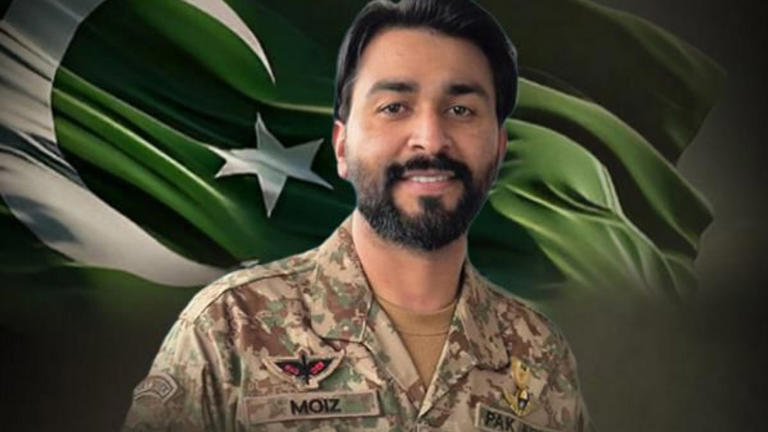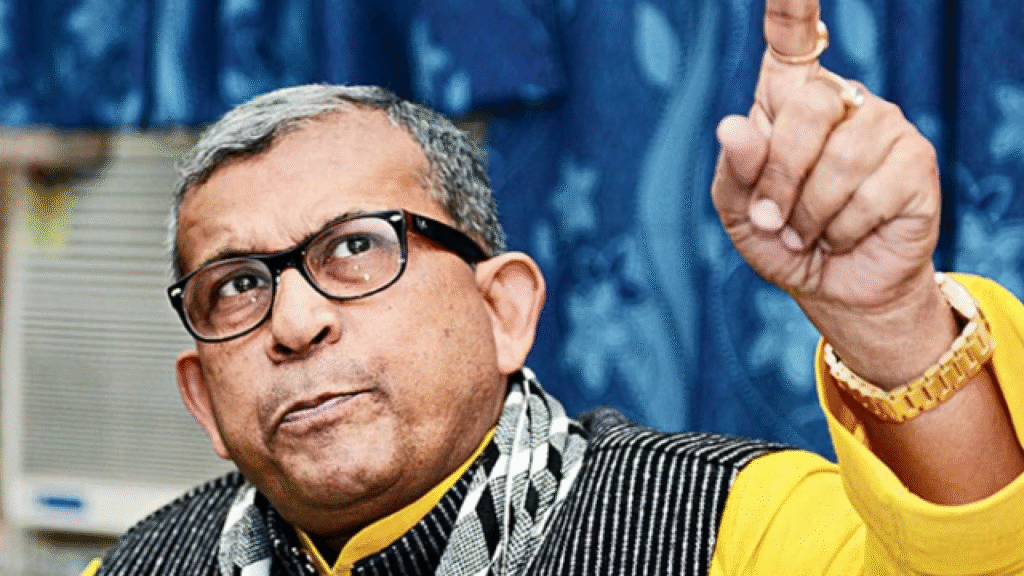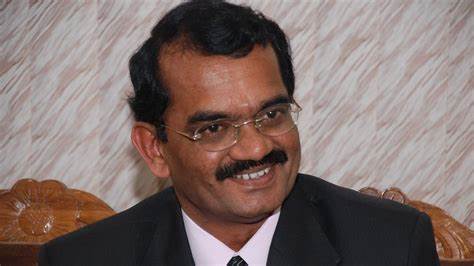Major who captured Abhinandan killed in TTP encounter.
In a stunning twist of fate, Major Moiz Abbas Shah, the Pakistani Army officer who gained fame for claiming to capture Indian Air Force Wing Commander Abhinandan Varthaman in 2019, has been killed in a counter-terrorism operation against the Tehreek-e-Taliban Pakistan (TTP) in South Waziristan. The encounter marks not just the fall of a celebrated military figure but also exposes the growing intensity of Pakistan’s internal security nightmare.
Pakistan Army's Major Moiz Abbas killed by Pak Taliban (TTP) in South Waziristan today.
— Incognito (@Incognito_qfs) June 24, 2025
Moiz claim to fame was that he got the credit for "capturing" India's Wing Commander Abhinandan Varthaman in February 2019. pic.twitter.com/2EKIf74cHr
The operation took place in Sararogha, a volatile tribal region of Khyber Pakhtunkhwa, known for harboring extremist elements. Pakistan’s military confirmed that the Special Services Group (SSG) officer, alongside Lance Naik Jibranullah, died during a high-risk mission intended to eliminate TTP fighters entrenched in the region.
While 11 militants were reportedly neutralized, Major Shah’s death serves as a harsh reminder of how the forces once celebrated for cross-border bravado are now being consumed by domestic threats. Ironically, Shah — who was projected as a national hero for detaining Abhinandan during one of the tensest moments in India-Pakistan military history — was killed not by an external enemy, but by Pakistan’s own Frankenstein’s monster: the TTP.
TTP Turns the Gun Inward: What Pakistan Won’t Admit
The TTP, once cultivated by the Pakistani establishment as a strategic asset, has now evolved into its most lethal adversary. After the Taliban’s return to power in Afghanistan in 2021, the TTP regrouped with renewed force, escalating attacks on Pakistan’s security forces, especially in the tribal belts. The group’s ideology, resources, and territorial control have grown while Islamabad’s strategy remains reactionary and opaque.
Pakistan’s double game of “good vs bad Taliban” is now unravelling. What was once considered a foreign policy tool is now a domestic cancer. The death of an officer like Major Shah — someone who symbolized triumph over India — at the hands of Islamist militants within Pakistan is a telling metaphor: the country’s real fight lies not across the border but within.
The military’s PR machinery, which once projected Shah as a face of patriotic victory, is now forced to confront a grim reality. The nation mourns his loss, but the questions about the state’s role in nurturing extremism remain unanswered.
India Watches Silently as Pakistan Fights Itself
India, which once demanded the release of Wing Commander Abhinandan after his plane was shot down over Pakistan-administered territory, has taken a cautious stance on the developments. While there’s been no official statement, Indian social media has reacted with a mix of irony, grim satisfaction, and disbelief.
For many in India, Shah’s death is karmic justice — a soldier who once paraded an Indian pilot on television has now fallen to the very chaos he once symbolized as defending against. But beyond poetic symmetry, it reflects the perils of state-sponsored radicalism and the fragile illusion of control that Pakistan’s army wields.





















